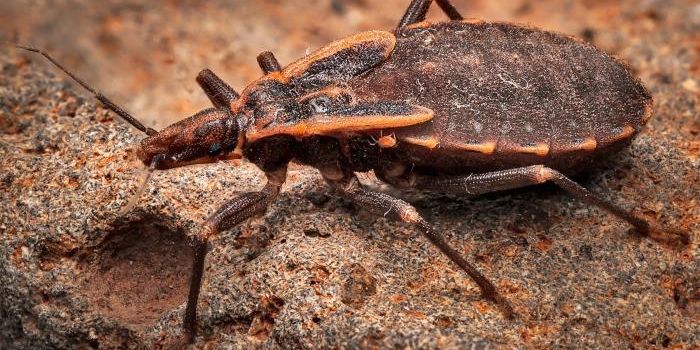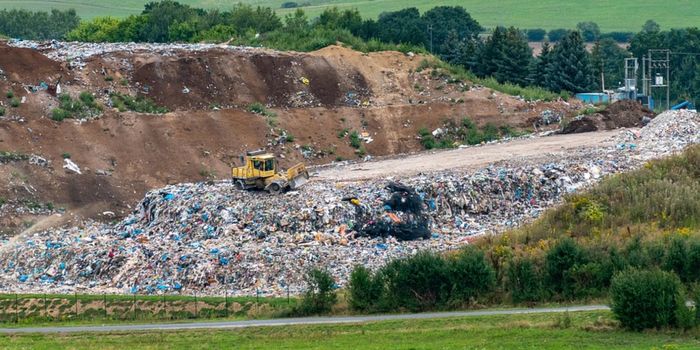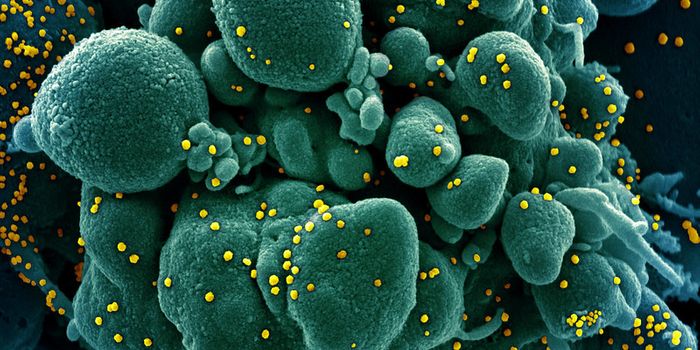Kids Exposed to Farm Microbes Have a Lower Chance of Developing Asthma
The bacteria we carry in our bodies is closely connected to our health. It's been shown that the outdoor environment is able to sustain a wide range of different microbes, and as urbanization rises, people are exposed to less of these microbes. As the diversity of the microbial community in our body increases, health outcomes improve, and lower levels of diversity are associated with disease. Researchers have now found that children that grow up on a farm that houses animals have half the risk of getting asthma as children that aren't around farms; the more a kid's home environment resembles a farmhouse, the lower their chances of developing asthma. The findings have been reported in Nature Medicine.
In this work, researchers from the Finnish National Institute for Health and Welfare (THL) assessed the indoor microbiomes of 1,000 German and 400 Finnish homes. Homes that were not on farms were found to have a different microbial composition than farm homes. Non-farm houses contained more microbes that are connected with humans, while on farms, there were more bacteria linked to cattle and soil. When homes contained many bacteria that are common outdoors, there was a protective effect against asthma. There were also fewer microbes that are associated with respiratory tract infections.
”We now discovered that the presence of farm-like microbiota in an early-life home seemed to protect from asthma also in urban homes. The effect was not based on the presence of [a] large number of different microbial species but, rather, differences in the relative abundance of certain bacterial groups,” said Pirkka Kirjavainen, Senior Researcher at THL.
Other factors influenced the microbes that a home hosted, such as the number of kids, how old the house was and whether or not the occupants wore outdoor shoes inside, but none of those factors seemed to have an impact on the development of asthma.
Related: The Gut Microbiome Changes Dramatically When Hunter-gatherers Start Farming
“The key characteristic of microbiota in homes protecting from asthma appears to be [a] large abundance of bacteria which originate from the outdoor environment and are beneficial or harmless to health, relative to bacteria that are a potential threat to our health,” Kirjavainen commented.
"It is interesting to see how clear of a protective effect indoor microbiota can have against the development of asthma. In contrast, it has been considerably more difficult to identify microbiota that would explain the detrimental effect of moisture damage on asthma,” noted Professor Juha Pekkanen.
It may be possible to stop asthma from happening with the right bacteria. “The results suggest that asthma could be prevented in the future by modifying children's early microbial exposures,” concluded Pekkanen.
Learn more about how the microbes on a farm can affect a child's health from the video.
Sources: THL, Nature Medicine









